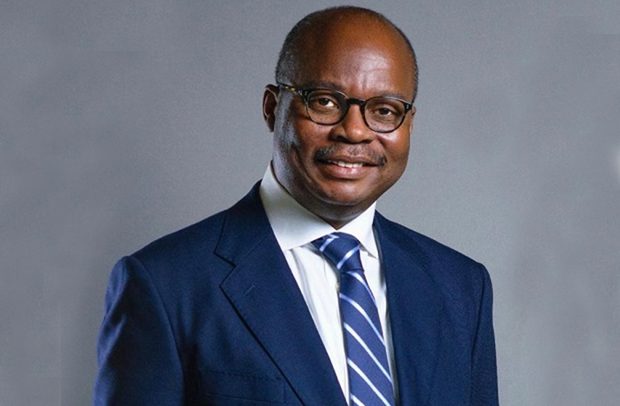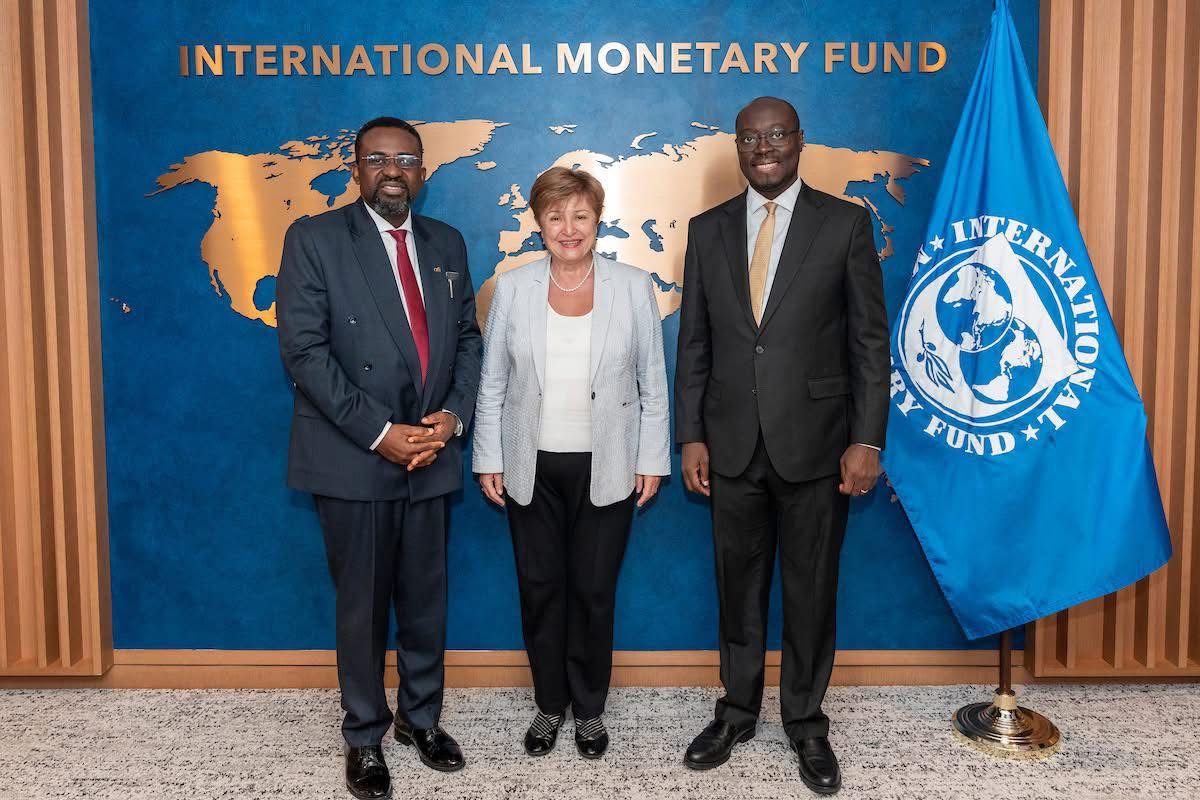
The Monetary Policy Committee (MPC) of the Bank of Ghana (BoG) has decided to reduce the monetary policy rate by 100 basis points to 16.0 per cent, Dr Ernest Kwamina Yedu Addison, Governor, BoG, has announced.
The decision to reduce the policy rate was made known at a news conference in Accra, yesterday, January 28, 2019, after the 86th regular meeting of the MPC in Accra.
In arriving at the decision, Dr Addison said, the Committee undertook a review of the macroeconomic situation against the background of developments in the global economy, assessed the pace of economic growth, implementation of the 2019 budget and the outlook for inflation.
The Committee, he said, observed that the year 2018 ended on a solid note with a more consolidated banking sector, as weaker and undercapitalized banks that posed risks to financial stability were removed.
He said the Committee also took cognisance of government's decision to create and strengthen institutions to provide the needed structures to underpin the commitment to fiscal and financial stability as Ghana concluded the IMF-supported ECF programme, citing the passage of the Fiscal Responsibility Act, establishment of the Fiscal Council, Financial Stability Council and the reconstituted Economic Policy Co-ordinating Committee as institutions that should anchor fiscal policy and help entrench the macro-economic gains achieved over the last two years.
According to the Committee, Dr Addison said, external financing conditions remained tight and uncertain, presenting risks to the budget with implications for the exchange rate - a situation which, he said, required a recalibration of the financing policy mix towards more domestic financing by domestic investors to reduce the burden on the exchange rate, reverse accumulation and monetary policy.
He said the MPC rates domestic growth as fairly robust and in line with projections, with growth prospects - to be supported by increased oil production and the easing of credit stance - positive over the medium term.
On inflation, he said, the MPC noted that inflation had steadily declined from 15.4 percent at the end of 2016 to 11.8 percent in 2017 and further down to 9.4 percent in 2018, with BoG's latest forecast indicating that inflation would remain within the target band of 8+2 percent over the forecast horizon, barring any unanticipated shocks.
The Committee, Dr Addison said, noted that immediate risks to the disinflation path were well-contained and that the current conditions provided scope to translate some of the gains in the macro stability to the economy.
Monetary policy is the government's or Central Bank's process of managing money supply to achieve specific goals - such as constraining inflation, maintaining an exchange rate, achieving full employment or economic growth.
Monetary Policy is basically the government's way of controlling the economy by using interest rates and the money supply, while Interest rates are the costs of borrowing money from a bank or the amount of money the bank will give you for keeping your money there.
The government sets the base interest rate with its Central bank and the private banks set theirs at around this rate.
Credit is when one borrows money from someone, typically a bank, and so its price is determined by interest rates.
The money supply is the total amount of a currency (the sum of all the £ / $ in circulation).
The aims of monetary policy are mainly to target inflation (the sustained rise in prices in an economy) and maintain low unemployment [although it is impossible to achieve both at the same time.
Inflation can be controlled by changing interest rates and the money supply basically.
Source: G.D. Zaney, Esq.
Read Full Story




















Facebook
Twitter
Pinterest
Instagram
Google+
YouTube
LinkedIn
RSS